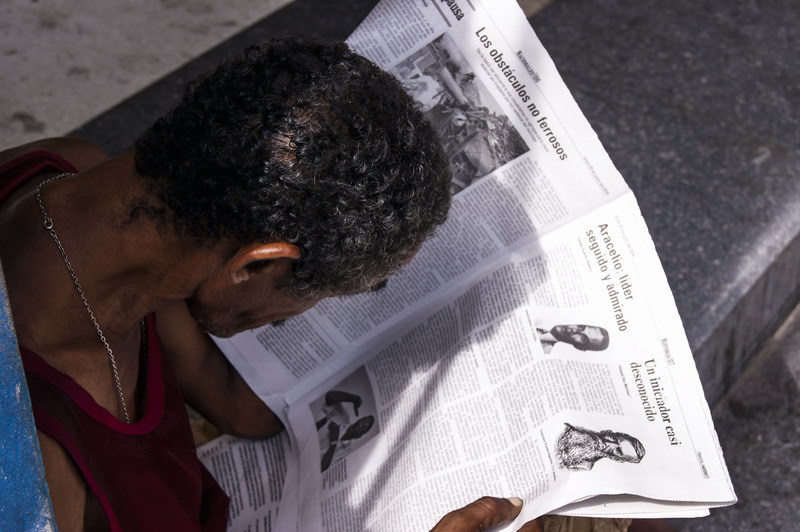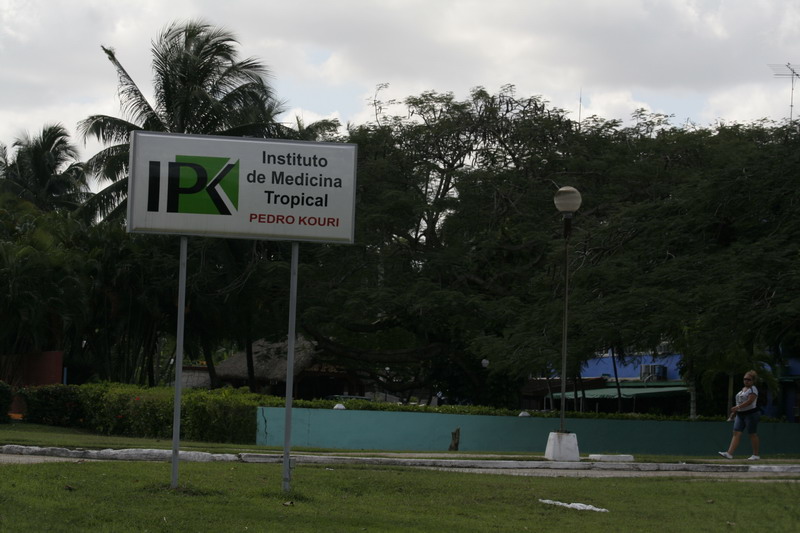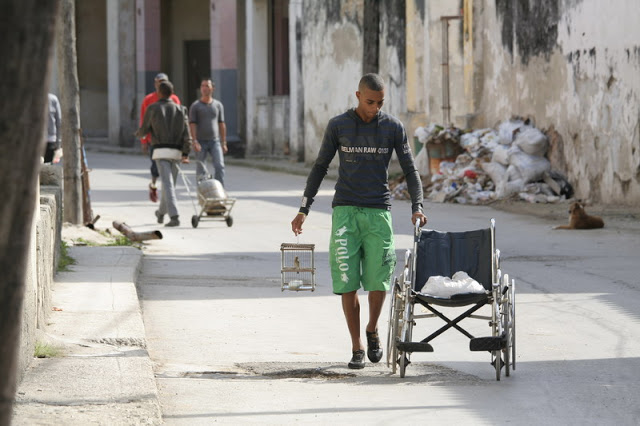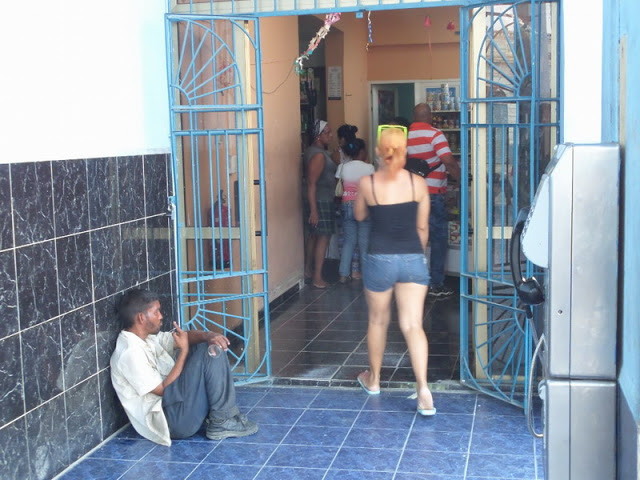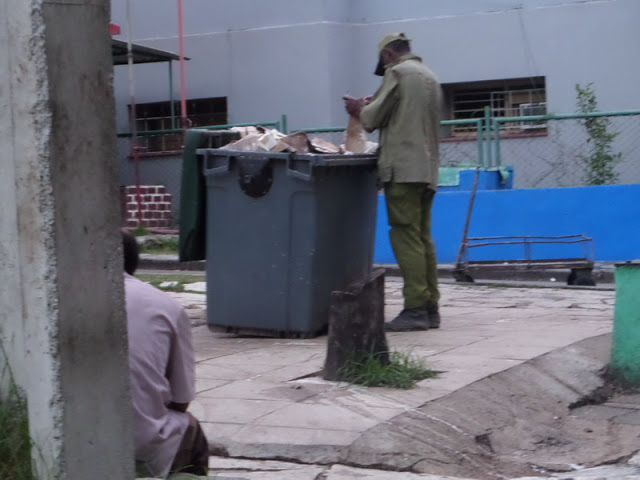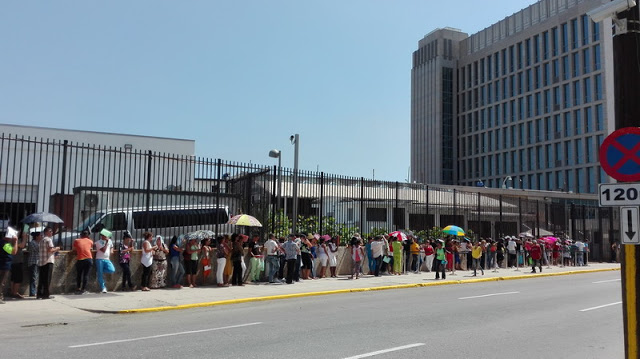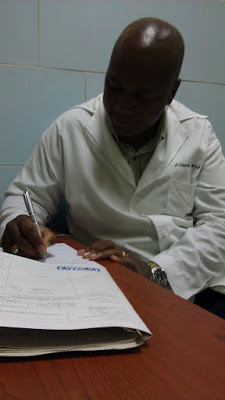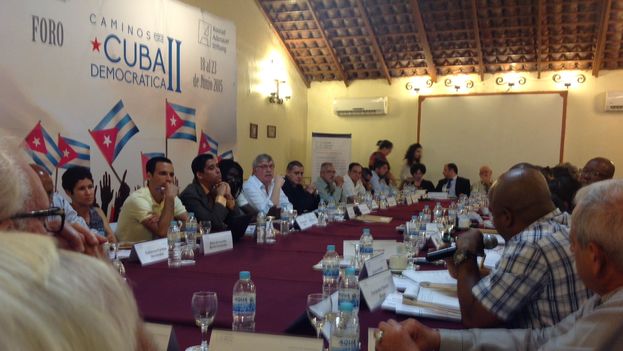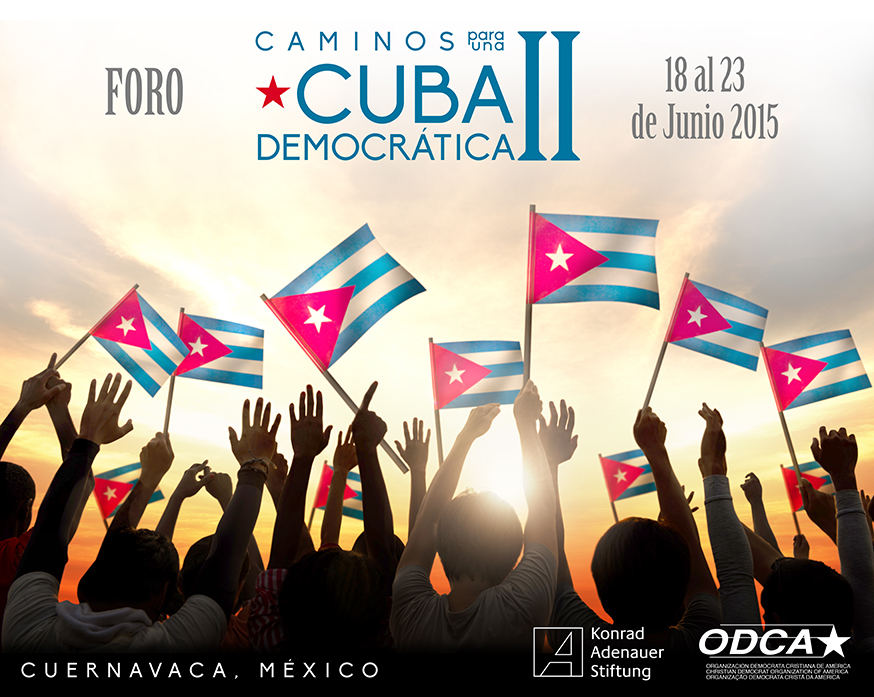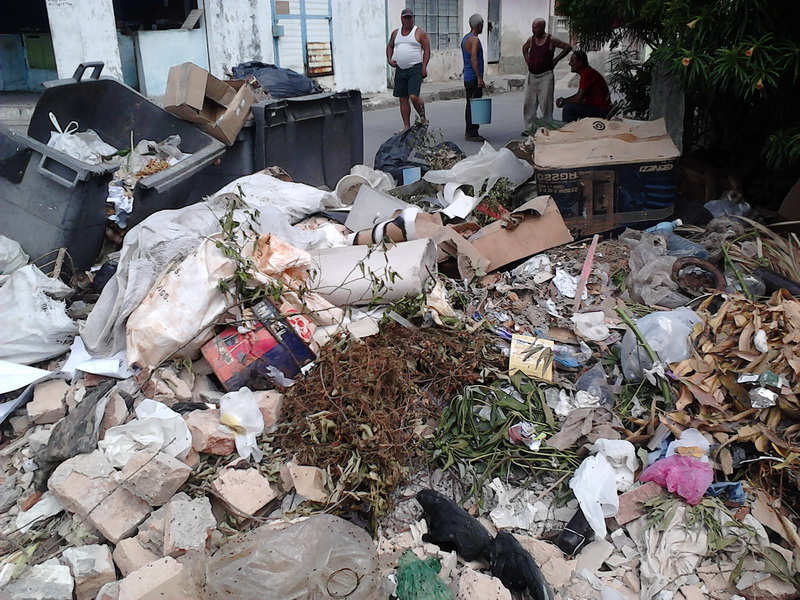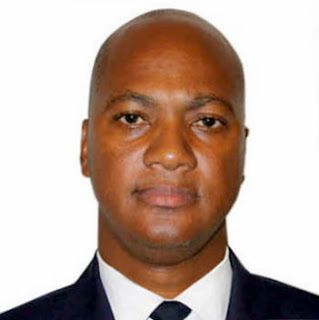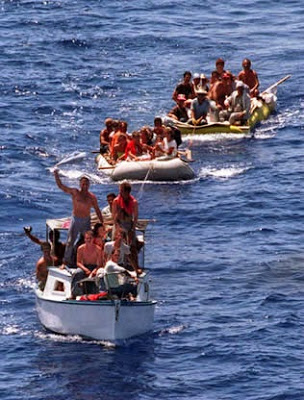This endeavor has not been easy, neither in Havana nor in other provinces — it is easier to travel abroad if you have an American visa in your passport than it is to go to Santiago de Cuba — given the hostility we encountered from some of the people we approached.
To solicit responses, a questionnaire was specially developed for the first investigation, called “Doxa A.” Ambitious in our vision, we decided to consult citizens of all social classes along the width and breadth of the Cuban archipelago. But the lack of resources forced us to delay our activities as we approached “the finish line” and to significantly reduce the number of citizens being polled.
This first study consumed precious time — delaying us by a month — because we followed the recommendations of sociological studies downloaded from the internet, which advised conducting a “pilot study” first.
This involved surveying the field of the respondents — the sampling size — to check the wording, understanding and the viability of the basic questionnaire (the doxa), correct the shortcomings and errors it is likely to have and avoid the mistakes inherent in the information collected.
This meant the sociopolitical conditions in Cuba imposed an additional burden on the project and involved twice as much effort. Therefore, we agreed that future civic research projects by Cuba Opina would not involve such trials or tests.
We know that behind every dictatorship is a frightened and divided society. I am referring to the divisions within society itself, which requires citizens to feign political loyalty. It is a society which causes people to look with suspicion on acquaintences and strangers alike, on those who sell beef under the table, on those who rummage through trash, on neighbors and even on one’s own mother.
After fifty-six years of totalitarianism, Cuban society is one in which loved ones — people to whom we were close — are struck from our list of friends because of political differences. Families are divided over the same issues to the point that, in search of freedom, the distances become not only ethical but geographic.
The doors of more than a few friends and acquaintances stayed closed or were slammed shut — doors which under normal circumstances would have been opened wide — with the plea of “Don’t complicate my life, Rosita.”
There were excuses such as, “It’s not me; it’s my son who wants to go to university,” or “He’s hoping to travel out of the country,” or “Damn, Rosy, I’m waiting for them to send me on a mission overseas.”
Though the state “ships them” overseas (exploiting them in the process), this is perhaps the only way that many Cuban professionals from a variety of fields can resolve their personal and families’ financial problems. These and other fear-based responses are symptoms of a socio-political, economic and cultural panic.
The regime has sowed terror since its inception, which the international community was recently able to witness at the stormy Summit of the Americas in Panama last month when the government’s attempt to sabotage a parallel event organized by civil society groups failed.
It did, however, demonstrate the high price it charges some acolytes for the privileges they receive. It extorts them in order to later crudely use and abuse them, like trained pawns, in a political chess game in which it discredits, threatens and verbally assaults those who dissent from a government forced on them more than half a century ago. This is not just verbal vandalism; it is a violation of the rights of its own followers.
On the occasion of the conclusion and tabulation of Doxa A, we call upon Cubans visiting this blog to respond by May 18 to the eighteen-item questionnaire to be found in the link below. We also request that you forward the URL of this survey to your compatriots so that they might also contribute their opinions.
We are now in the final push to complete this poll but, in prioritizing tasks at Cuba Opina, we neglected to provide the interaction and promotion that an internet project such as this should have. As a result, the number of people who have completed the online questionnaire is low.
We, therefore, politely ask for your support, which means simultaneously recognizing and respecting your sovereign right to express yourself in this and subsequent polls. Do think about participating; think and express yourself by participating! Thank you in advance.
On-line survey (in Spanish) is available here.
